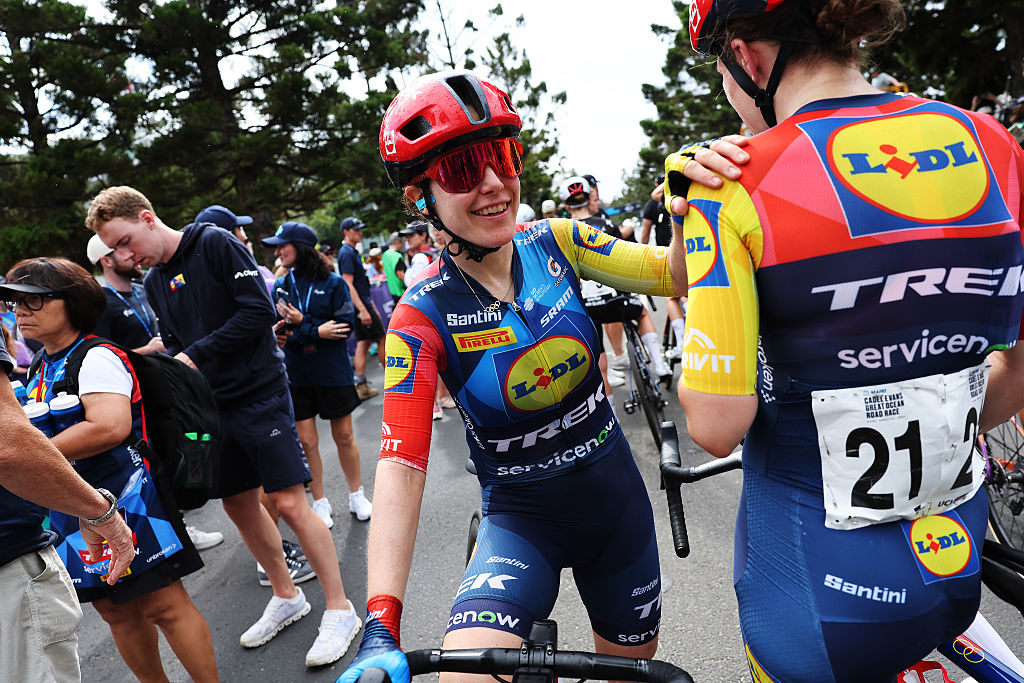Merckx: "Doping pays"
Cycling's greatest hero, Eddy Merckx has commented on the recent media polemics on the use of...
The latest race content, interviews, features, reviews and expert buying guides, direct to your inbox!
You are now subscribed
Your newsletter sign-up was successful
Cycling's greatest hero, Eddy Merckx has commented on the recent media polemics on the use of performance-enhancing substances in the sport. Speaking to L'Equipe, the man who was once known as 'the cannibal' because of the number of his victories, said that the problem of doping wasn't a new one, and that he viewed it in an economical context.
"For more than 30 years, doping has been the black sheep of cycling for the whole of the media," Merckx said. "Since Simpson died on the Mont Ventoux in 1967, cycling has been linked to doping, being an headliner in the papers. Nowadays even more so because society is more moralistic, less permissive.
"But the phenomenon of doping is of economical nature. Many affairs are oriented, the media get their public, the laboratories and the pharmaceutical industry are making profits with it and publicity. Doping pays, and that's an important factor. Those who invest in doping control machines want their cash to be returned, their business to be profitable."
Meanwhile, the former pro rider defended cycling, which in his opinion, the same rules weren't applied as in other sports. "I can understand why a journalist publishes the information," he replied to a question about the allegations against Lance Armstrong. "But I have my doubts on the lab. And I ask myself: Why only Armstrong and not the other ones? Why only cycling and not the urine samples of the French soccer players in the 1998 World Championships?"
Merckx, who continued by saying that he believes it is possible to win the Tour de France without taking banned substances, also admitted he was not entirely in favour with the fight against doping as it is practiced today. "Doping should be redefined to know where it starts, and where it ends. In Belgium, a particular product is considered curative treatment for soccer players, but doping for cyclists. It's always double standard. I've always believed in the fight against doping, but I've never been in favour of 'zero tolerance', and never will be. It's not realistic and it's not compatible with the high level sport."
The latest race content, interviews, features, reviews and expert buying guides, direct to your inbox!
